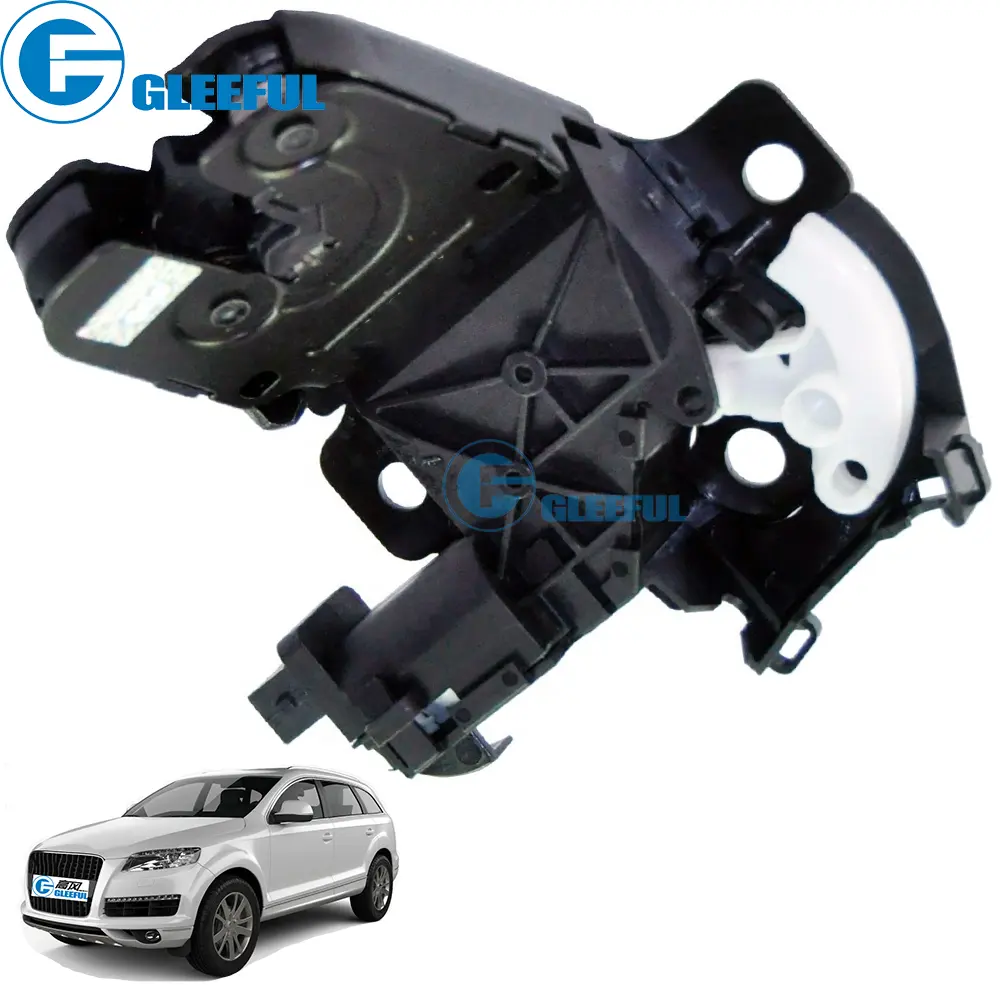Having a jammed car door lock can be a frustrating experience, especially when you're in a hurry. Understanding how to address this issue can save you time and potentially avoid costly repairs. One of the key components to focus on when dealing with a jammed car door lock is the door lock actuator. This guide will walk you through the steps to diagnose and fix a jammed car door lock, emphasizing the role of the door lock actuator.
The door lock actuator is a small electric motor located inside your car door. It is responsible for locking and unlocking the door when you press the lock/unlock button on your key fob or inside your car. Over time, the door lock actuator can wear out or malfunction, leading to a jammed car door lock.
Faulty Door Lock Actuator: One of the most common reasons for a jammed car door lock is a faulty door lock actuator. If the actuator is not working properly, it might not be able to move the lock mechanism, causing it to jam.
Mechanical Obstruction: Dirt, debris, or rust inside the lock mechanism can cause it to jam. This can prevent the door lock actuator from moving the lock properly.
Broken Lock Mechanism: Sometimes, the internal components of the lock itself can break or wear out, leading to a jammed door lock.
Electrical Issues: Wiring problems or a blown fuse can prevent the door lock actuator from receiving power, causing the lock to jam.

Before attempting to fix the jammed door lock, it’s important to diagnose the problem correctly. Here are the steps to follow:
Check the Key Fob Battery: Ensure that the battery in your key fob is not dead. A weak battery might not send a strong enough signal to the door lock actuator.
Listen for the Actuator: Press the lock/unlock button and listen for a sound coming from the door. If you don’t hear anything, the door lock actuator might be the issue.
Manual Lock Test: Try to lock and unlock the door manually. If it’s hard to move, there might be a mechanical obstruction.
Inspect the Fuse: Check the fuse related to the door lock system in your car's fuse box. If the fuse is blown, replace it and see if the door lock actuator starts working.
Once you have diagnosed the problem, you can attempt to fix the jammed car door lock. Here’s how:
Lubricate the Lock Mechanism: Use a lubricant spray designed for car locks to lubricate the keyhole and the internal lock mechanism. This can help to clear any dirt or debris causing the jam.
Replace the Door Lock Actuator: If the door lock actuator is faulty, you will need to replace it. This involves removing the door panel, disconnecting the old actuator, and installing a new one. It's a complex process, so you might want to consult a professional if you're not comfortable doing it yourself.
Repair or Replace the Lock Mechanism: If the lock mechanism itself is broken, you may need to repair or replace it. This can also involve removing the door panel and accessing the internal components of the lock.
Check Electrical Connections: Ensure all wiring connections to the door lock actuator are secure and free of corrosion. Repair any damaged wires and replace blown fuses.
To avoid future issues with a jammed car door lock, consider the following preventive measures:
Regular Maintenance: Regularly lubricate your car's locks to prevent dirt and rust buildup.
Inspect Actuator Functionality: Periodically check the functionality of the door lock actuator to ensure it’s working properly.
Address Issues Promptly: If you notice any signs of the door lock actuator malfunctioning, address the issue promptly to avoid further damage.
Dealing with a jammed car door lock can be inconvenient, but with the right knowledge and tools, you can fix the problem yourself. Remember that the door lock actuator plays a crucial role in the locking mechanism, and keeping it in good condition is key to preventing jams. By following the steps outlined above, you can ensure your car door locks function smoothly and reliably.
GET A QUOTE